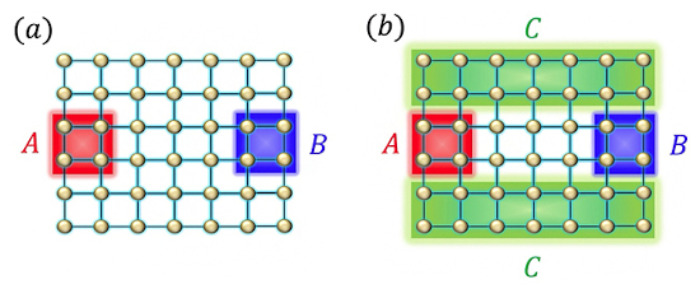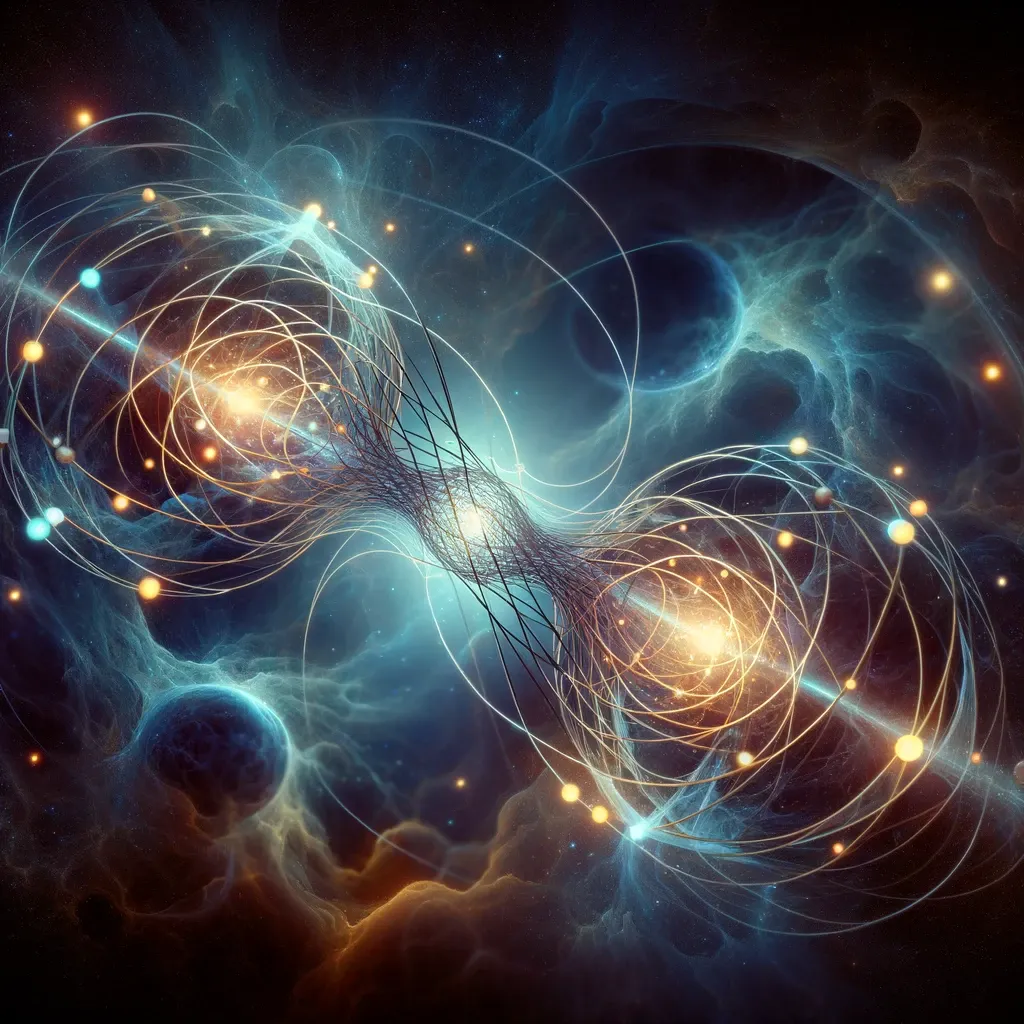
Over the past two decades, quantum computation within the realm of quantum information theory remained largely theoretical, with doubts cast on its practical applicability. This changed recently, especially in 2019, when Google’s 53-qubit “Sycamore” quantum computer demonstrated “quantum supremacy” by performing specific calculations much faster than conventional computers. However, many issues still need resolution for practical use.
To meet these challenges, researchers worldwide are working on developing more useful algorithms, particularly in quantum many-body theory. In the realm of quantum physics, invisible particles like electrons and atoms play the main roles. Their interactions determine the properties of matter. These collections of particles, known as “quantum many-body systems,” are central to understanding phenomena from electron movement to superconductivity and the development of quantum computers. This theory, which deals with the interactions of numerous quantum particles, can lead to unexpected phenomena, making it difficult to calculate. This area of study is known as Hamiltonian complexity.
Hamiltonian complexity research focuses on when and how quantum Hamiltonians can be efficiently simulated. Significantly, many problems in quantum computing belong to a class known as QMA (the quantum version of NP), which can be reduced to quantum many-body problems. Therefore, developing algorithms to solve quantum many-body problems is key to addressing all problems in the QMA class.
Hamiltonian complexity is a research area between computer science and physics with many mathematically defined unsolved problems. Our laboratory explores solutions to these mathematical challenges, having already achieved partial or complete solutions to significant issues such as the quantum entanglement boundary law conjecture, the quantum Markov conjecture, the linear-light-cone problem in the Lieb-Robinson bounds, quantum Hamiltonian learning, and long-range quantum entanglement at finite temperatures. Our goal is to further develop our research findings and tackle new unsolved problems.
Some of our research results have been explained in press releases for a general audience
Jun. 13, 2025, “Advent of the topological quantum battery”
May 15, 2025, “Extending the applicability of a key quantum law”
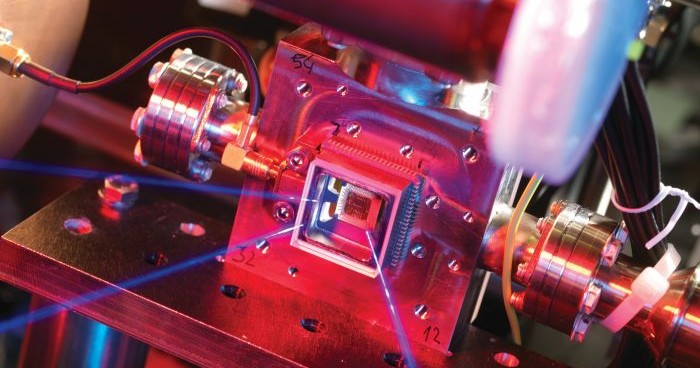
July 25, 2024, “Boson systems break the finite speed limit”
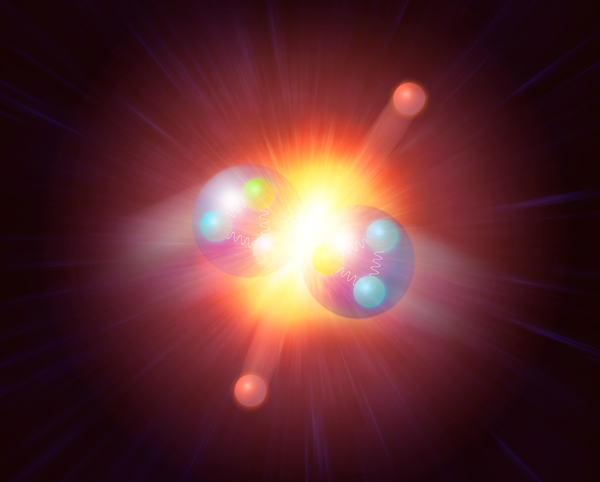
May 6, 2022: ” It takes three to tangle: long-range quantum entanglement needs three-way interaction”
January 13, 2022: ” Determining the Hamiltonian of quantum systems with far fewer measurements”
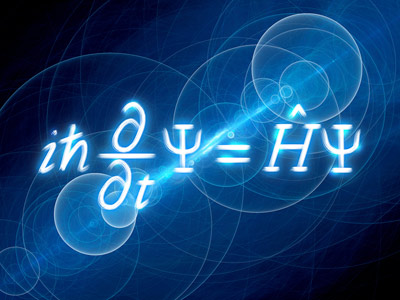
December 4, 2020: ” Simplifying long-range quantum interactions in many-body systems”
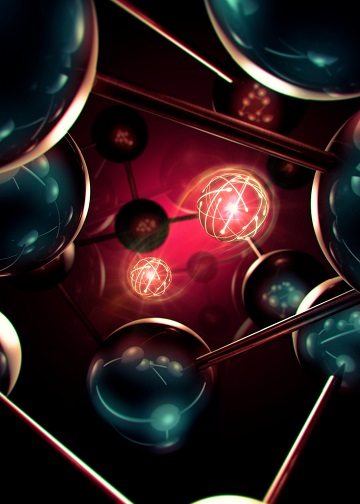
July 13, 2020: ” Long-range quantum interactions limit the speed of information”


